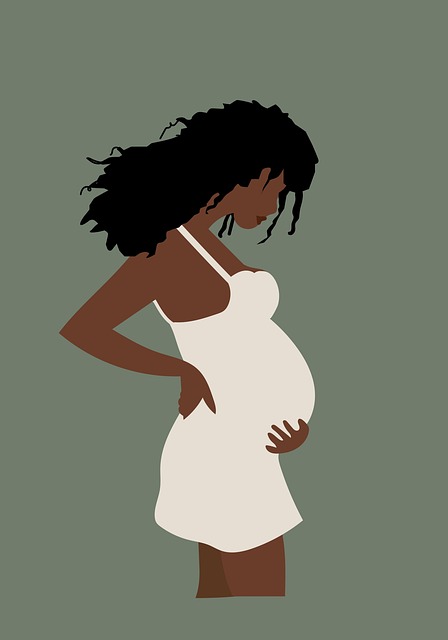When it comes to the question, “How can I conceive more quickly?” many women find themselves eager to start their journey to parenthood. Once the decision is made to try for a baby, the anticipation can be overwhelming. For advice on speeding up the process, we consulted Dr. Mia Thompson, a fertility specialist, who shared some key insights.
Stop Using Birth Control
This might seem like a no-brainer, but the return to fertility can vary depending on the type of birth control used. Dr. Thompson explains that it may take some time for your hormone levels to stabilize. “If you’ve been on birth control for a long period, your menstrual cycles could be irregular for a month or so,” she notes. Generally, if you stop taking the pill, you should see your cycle return within 6 to 8 weeks. If you don’t get your period after 8 to 10 weeks, it’s a good time to consult with a healthcare provider.
Know Your Menstrual Cycle
Every woman experiences a unique menstrual cycle. Dr. Thompson points out that cycles typically range from 24 to 35 days and should not differ by more than a few days each month. Understanding the length of your cycle is crucial, as it can indicate whether ovulation is occurring regularly. If ovulation isn’t happening, conceiving will be impossible. For more information about your cycle and its impact on fertility, check out our educational resources or consider attending one of our free webinars.
Start Taking Prenatal Vitamins
As soon as you begin thinking about getting pregnant, it’s important to start taking a prenatal vitamin that contains folic acid. Dr. Thompson emphasizes that folic acid is vital in reducing the risk of neural tube defects. Waiting until you’re pregnant to begin taking these vitamins is too late, as the neural tube develops very early in pregnancy.
Why Isn’t Conception Happening?
Even during peak fertility, the chances of getting pregnant in any given month is only about 20%. Dr. Thompson informs us that a woman in her early 30s has a 15 to 20 percent chance of conception monthly when she first starts trying. After 12 months of trying, that likelihood drops significantly. It’s essential to remember that one in eight couples may face issues with infertility. To truly identify what might be hindering your path to parenthood, a comprehensive fertility evaluation can be incredibly beneficial. Simple tests during your next cycle could reveal important information about your fertility health.
Knowledge about your reproductive health is empowering and can guide your decisions. A consultation with a fertility expert can set you on the right track toward starting or expanding your family.
And while you’re exploring your options, don’t forget to check out some of our other engaging resources, like this article on baby toys for newborns, featuring the Finn + Emma play gym. If you’re looking for ways to support male fertility, consider looking into fertility boosters for men as well.
Summary
In summary, if you’re eager to conceive, remember to stop birth control and understand your menstrual cycle. Begin taking prenatal vitamins as soon as possible, and keep in mind that conception can take time. If you’re concerned about fertility, a professional evaluation can provide valuable insights.

